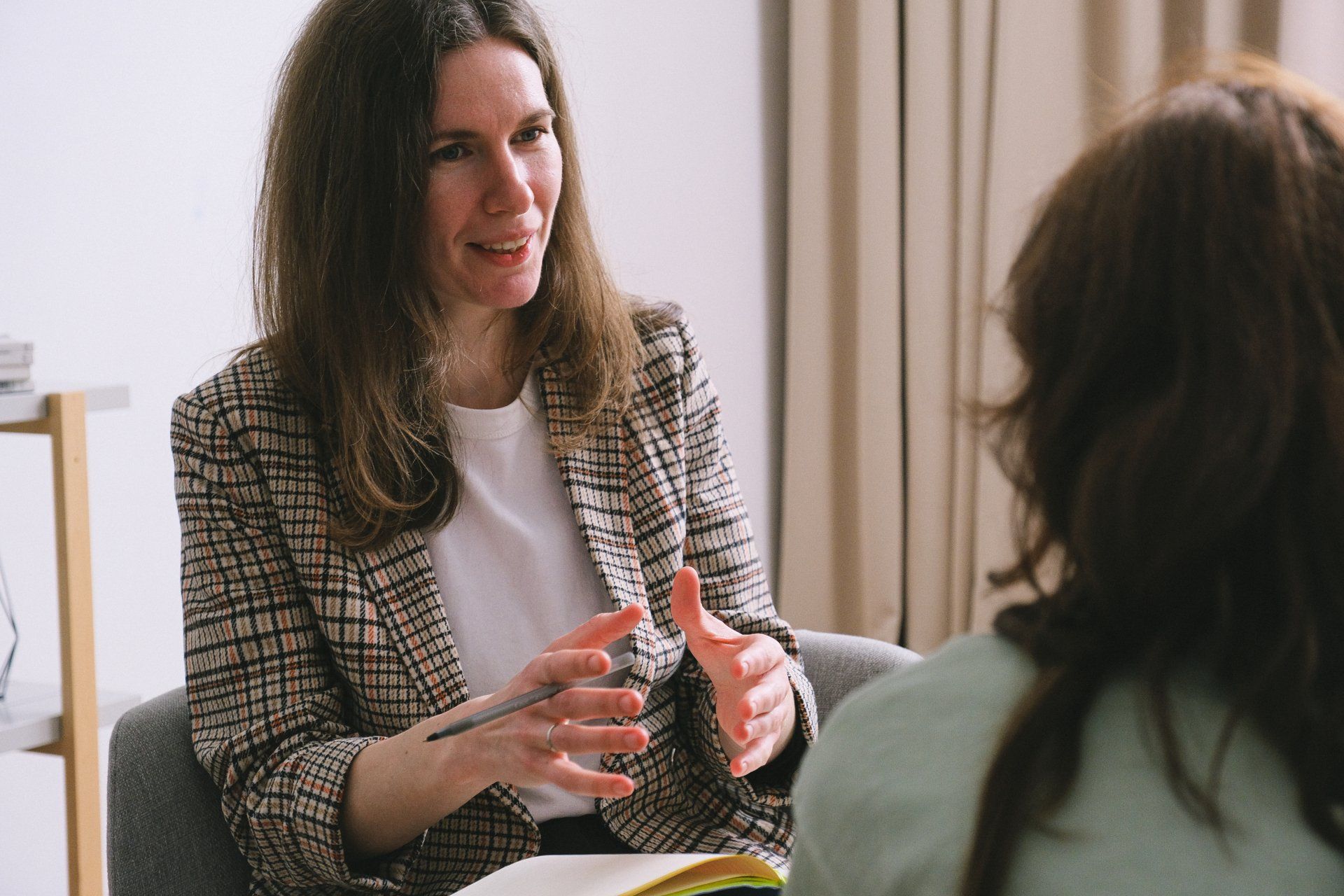Do Relationships Change After an Abortion?
Avail NYC exists to be a safe haven for women and men facing an unexpected pregnancy or seeking support after an abortion. We are not a medical provider.
Experiencing an unexpected pregnancy and abortion can be overwhelming. There’s a lot you may have been through, both individually and with your partner. Things might not be the same with you and your partner; it’s common to face new challenges in your relationship after this experience. Identifying changes, learning to communicate, setting boundaries, and finding support can help you and your partner through this process.
What are You Feeling?
Many women struggle with a mix of difficult emotions following an abortion, including sorrow and regret, on top of lingering pain and discomfort. These emotions can be especially hard to cope with if you feel you have no one to go to for empathy and support.
Many men feel confused, impatient, and helpless in the face of their partner’s pain. Others feel despair as they grieve the loss of the pregnancy.
Communication often becomes strained as each partner attacks and isolates in an effort to self-protect and deal with their own hurt. Let’s face it: it’s hard to offer support to someone else when you are working through your own pain. If you and your partner have experienced any of these thoughts or emotions, you are not alone. They are very common following an abortion and would likely take a toll on any relationship.
Communicating with Your Partner After an Abortion
Communicating with your partner is essential as you walk through this post-abortion process together. Here are some tips on communicating well with your partner in the midst of this difficult time:
- Actively Listen: Actively listening communicates to your partner that you care and want to understand what they are experiencing. Being willing to really hear and seek to understand one another is vital (even if you don’t understand at first). Practice putting away distractions and asking your partner questions about their thoughts and feeling about the abortion experience. Spend time journaling individually about the experience and your feelings surrounding it, and share those with each other. Listening well leads us to our next tip, showing empathy.
- Show Empathy: As you listen to understand what your partner is feeling after an abortion, respond with empathy. Remind them that they are not alone in the journey of processing and healing from this experience. Share responsibility and be vulnerable about your feelings. Showing empathy to your partner expresses kindness, compassion, and care, even if you feel differently about the experience. Be cautious not to try to “fix” what your partner is feeling, rather experience those feelings with them.
- Be Patient: Be patient with each other as you process your emotions. Sometimes it’s difficult to describe how you are thinking or feeling about your abortion. Understand that these things can come over time, and your thoughts and feeling may fluctuate. Be patient as you give each other time to heal, recognizing that the journey can be long and is not linear. Triggers will re-awaken your pain reminding you to take time to process and heal. It may be helpful to set specific times to talk about this experience, understanding that each partner may desire to talk about this differently.
- Be Present: Remember that communication is non-verbal, too. Often, being consistently physically present with someone is most meaningful in hard times. Many people experience
disenfranchised grief
after an abortion. Being present with your partner in that grief and reminding them you are there for them through your actions means so much.
Set Healthy Boundaries
If over time your partner is unwilling to communicate with you in a healthy way, you may need to consider setting new boundaries that help you process and move forward after your abortion. If you are feeling angry, resentful, or triggered by your partner, it might be time to examine your boundaries in that relationship.
Boundaries do not need to be unkind or selfish, but actually express that you value your relationship in the long term. Think through what boundaries could help you (physical, emotional, time) and communicate those clearly with your partner. Let them know what you need and act on your boundaries. This short-term discomfort can benefit you and your partner as individuals and as a couple moving forward.
Get Help on Your Healing Journey
Talking this through with another trusted support person can be very helpful. Avail NYC offers a confidential space to talk about your relationship, help you process your pain, and support your journey toward healing.
If you or your partner would like additional help in developing a healthy relationship or processing a past abortion, we are here to help. Appointments are free and available for you to meet individually with a male or female advocate or together as a couple.
Avail NYC exists to be a safe haven for women and men facing an unexpected pregnancy or seeking support after an abortion. We are not a medical provider.
Other Articles
ABOUT AVAIL
Avail provides free, compassionate support for women and men navigating unexpected pregnancies or seeking support after an abortion. Our trained care experts offer a safe, confidential space online or in-person to process emotions and explore options. Equipping clients with personalized coping strategies and resources, we empower them to move forward with confidence at their own pace. Avail is not a medical provider. To learn more or meet with a care expert, visit availnyc.org.








